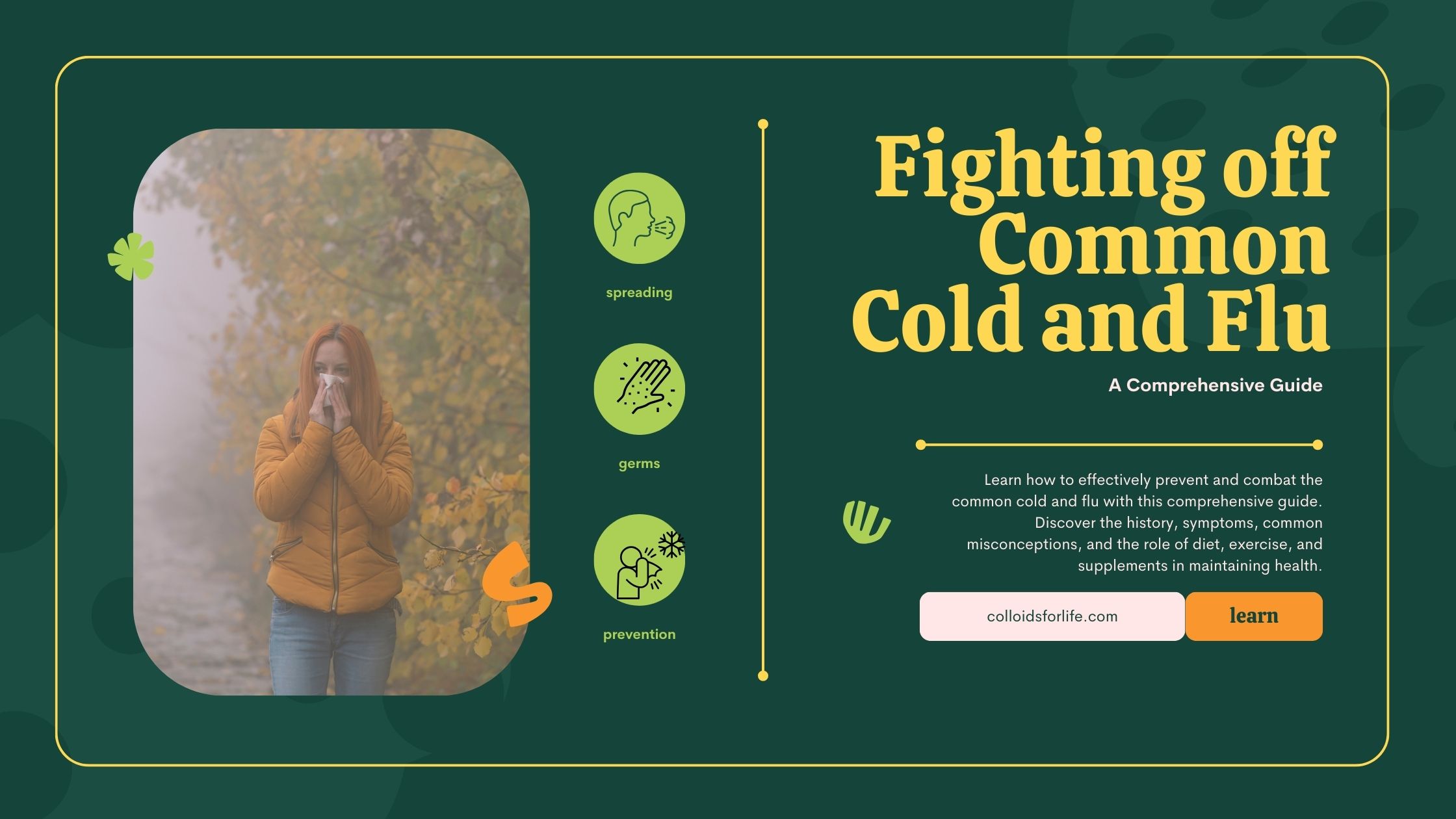
Restless Legs Syndrome (RLS) affects nearly 12 million Americans, yet it remains one of the most misunderstood and underdiagnosed sleep disorders. Often described with terms like "creepy-crawly," "prickly," "tingling," and "twitching," RLS can severely impact a person’s quality of life. The National Institutes of Health (NIH) has been raising awareness about this condition, which many individuals believe will not be taken seriously or cannot be treated.
Understanding Restless Legs Syndrome
RLS is characterized by uncomfortable sensations in the legs, especially at night or during periods of inactivity. These sensations often lead to a compelling urge to move the legs to find relief, making it difficult to sleep or sit still during long drives, plane trips, or even while watching a movie.
Bob Waterman, chairman of the RLS Foundation’s board of directors, shared his personal experience: "My mother, my sister, and I had these awful sensations. We couldn't sleep or sit still on long car rides. It was difficult for my father, our doctors, and even my wife, to understand. We were relieved to finally discover we had a real illness; it had a name; it could be treated."
Key Symptoms of Restless Legs Syndrome
- Compelling urge to move the affected limbs: Most often the legs, but it can also affect arms and other parts of the body.
- Uncomfortable sensations: Often described as "creepy-crawly" feelings deep in the limbs.
- Relief with movement: Moving the affected limbs provides temporary relief.
- Worse symptoms at night: Symptoms are more severe in the evening and at night, especially when the individual is at rest.
Associated Features of RLS
- Periodic leg movements (PLM): Characterized by repetitive jerking of the leg, either during sleep or when awake.
- Sleep disturbance and fatigue: Difficulty in sleeping and persistent tiredness.
- Family history: Often runs in families, suggesting a genetic component.
- Absence of other conditions: Such as iron deficiency and pregnancy, which can cause similar symptoms.
Diagnosis and Treatment
Dr. John Winkelman, a sleep specialist at Harvard Medical School and member of the RLS Foundation’s medical advisory board, emphasizes the importance of awareness: "Physicians need to be aware of RLS so they can properly diagnose patients and prescribe the most appropriate medication when necessary."
Educating yourself about RLS can lead to a more productive discussion with your doctor, resulting in quicker diagnosis and treatment. The RLS Foundation provides resources and support for those affected by the condition.
Effective Treatments for RLS
There are various effective treatments available for RLS, ranging from lifestyle changes to medication:
- Lifestyle changes: Simple adjustments like taking baths, having massages, doing yoga, and other relaxation exercises, as well as eliminating caffeine and alcohol, can improve symptoms.
- Medications: For severe cases, different classes of medications, including dopaminergic agents, sedatives, anti-convulsants, and pain relievers, can help relieve RLS symptoms. However, each medication has varying benefits and side effects, so patients must discuss with their doctors to find the most appropriate treatment.
For more information about RLS or to find a local support group, please call the RLS Foundation's toll-free number at (877) 463-6757 or visit their website at www.rls.org.
Natural Relief with Welltrients and Colloids
If you're looking for natural relief, consider exploring our range of Welltrients and Colloids products. Our health-conscious formulations provide a powerful combination of nutrients in the proper dosages to address specific health concerns, including RLS. Replace an entire supplement regimen with one cost-effective nutraceutical approach.
Our products support various health aspects, such as obesity, vision, emotional health, brain function, joint health, and more. Discover the benefits of our natural supplements and colloids for life.









